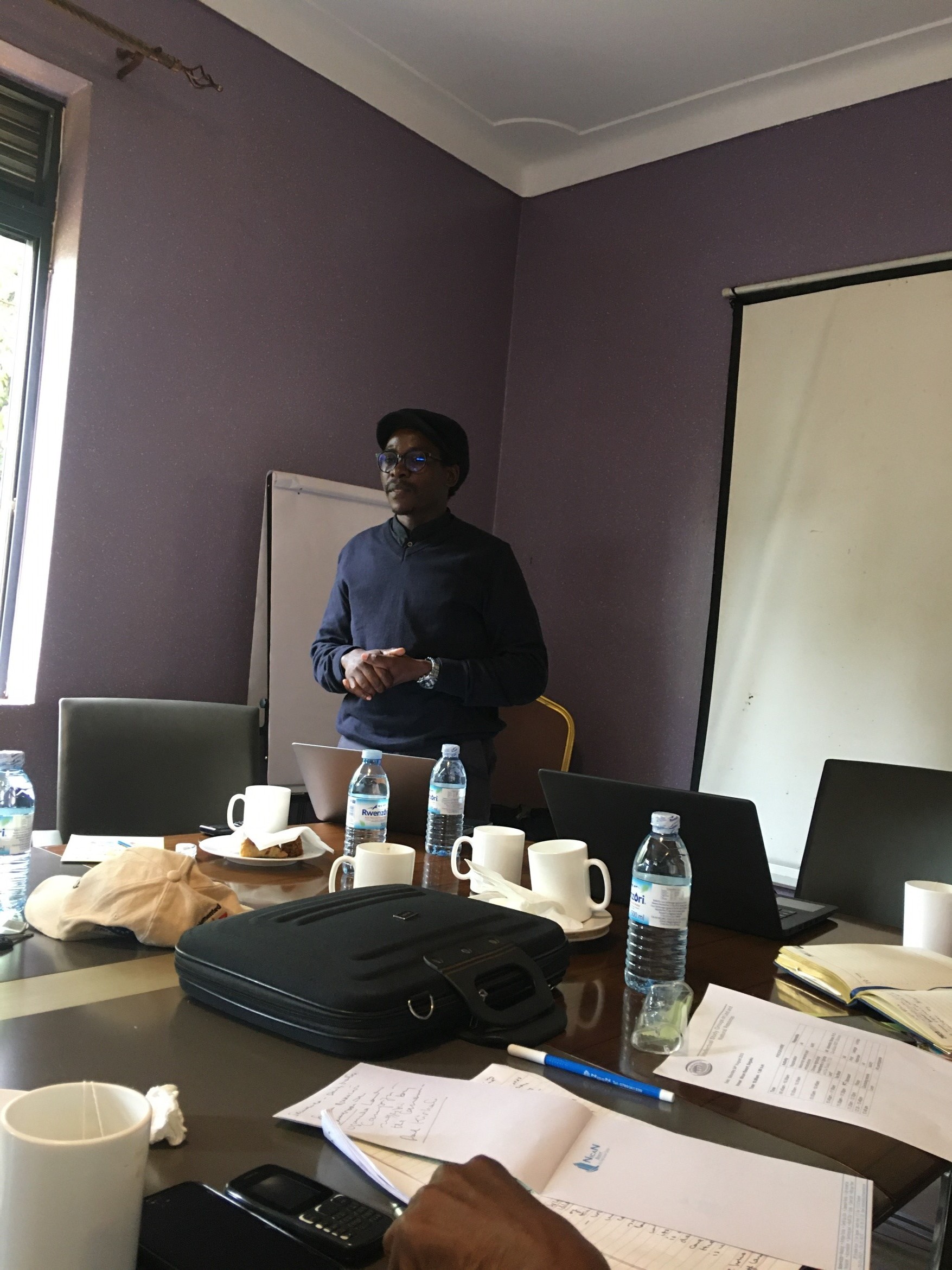Wednesday, July 12th, 2023 | By

In his draft paper, Chinese Agricultural Investments in Uganda and the Paradox of “Idle Land”, Banjwa Adventino, a Ph. D. fellow at Makerere University thinks through the paradox of idle land in contemporary debates on land in Uganda and Africa at large.
The paper points out that the idea that Africa is a home to unrivaled idle land but highly productive continues to inspire numerous.
Banjwa argues that the discursive rendering of land idle when everyone knows that people always lived on and used the land before but were forcefully evicted is the epistemological contest concerning what constitutes productive use of land and land use in general. He says on one hand, there is neoliberal state allied with private agricultural capital and on other hand; there are communities in society that become the demands of agricultural capital.
Banjwa’s paper, which is based on two Chinese agricultural investment sites in Uganda: Hanhe Farm and Kehonga China Uganda Agricultural Industrial Park, was at the centre of discussion in Intellectual Study Group Discussion on large based agricultural investments and the paradox of idle land.
The Intellectual study group was organized by National Association of Professional Environmentalists in partnership with Rosa Luxemburg Foundation East Africa and attended by scholars, members of civil society, journalists and community members and was held on June 24th at Nican Hotel in Kampala.
Banjwa argues that however much government and investors make claim that the land is idle, the claims have been refuted by people whose dwelling were dismantled to pave way for the agricultural projects.
In his paper for instance, Hanhe Farm which is located on 162 hectares of land in Nakaseke district was public land before.
“ …all this land was accessible to communities for grazing, fishing, harvesting of reeds for making mats and roofing houses and harvesting clay soil for brick making… One can look at this land as an epicenter of which people’s lives in this community rotated: they could not only count on the proteins obtained from the different forms in the swamp, their animals also depended on this land for grass and water. In short, the entire art of their dwelling was weaved on this basis of land: from obtaining materials and tools to construct their homes, to burying their dead, and to obtaining food for themselves and their animals”, according to an extract from the paper.
Banjwa states that the communities’ understanding of what constitutes productive land cannot be defined outside the broader web of their engagements on the land but the government and investors still defined it as idle land.
He concluded that contemporary ‘idlisation’ of land is key to fueling the neoliberal character of current state in Uganda and suggests that the idea of displacement be expanded beyond the conception in terms of displacement of people from their land to encompass the displacement of people’s knowledge on what constitutes broadly productive land.
In his discussion on the paper, Prof. Samwiri Lwanga Lunyiigo said when investors come to Sub Saharan Africa; they see invisible Africans with visible land.
“When these investors come to the Sub Saharan Africa, What do they see? Invisible Africans! Why not seen? Because of the concept of development that has been engrained by our leadership. They look at capitalistic view of development. Our leaders have developed a concept that if we don’t develop, other people will develop us,” he said.
He said what is needed in Africa is pro-people government to take into considerations the pro-people development.
“Land to me is spiritual, cultural and ideological. People are actually using the land for fishing, growing food, grazing their animals but the capitalistic view of development is blind of this. In Mubende, for example, Nyakahuma tree that is respected by a certain clan, it can be cut and converted into timber but its spiritual importance cannot be marketed,” he explained.
He said Africans have not come up with what kind of development they need, whose development or whom the development is trying to help. He said food is critical and natives produce food from the said wastelands, empty or idle land.
Sam Kasirye, the ROSA representative in Uganda appreciated Banjwa for the paper. He said such discussions need to be trickled down to local communities to help them appreciate their mode of development before their intellectual disarming, use of coercive forces and militarization of land by investors and government.
Allan Kalangi from NAPE appreciated the discussants and pledged NAPE’s commitment in ensuring that the discussions continue.
Copyright ©2024 Community Green Radio . All Rights Reserved. Designed : Lwegatech